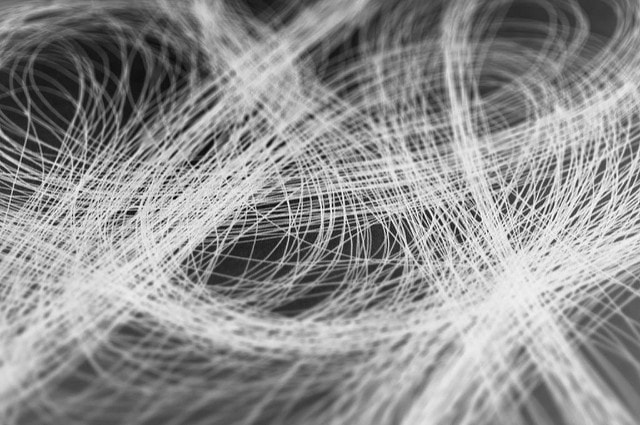This is the fourth and final article about using repetition toward deep mastery. So far, we have explored discipline and expertise and expression. Repetition can take us to an even deeper level when we integrate it with problem solving.
LEVEL 4 – REPETITION CREATES ELEGANT SOLUTIONS
It’s easy to be expressive when things are going right. Things are flowing. We’re in a rhythm using our skills, connecting it to how what we want to express.
Then shit happens.
Have you logged enough repetitions that you can adapt? Level 4 is about getting past challenges.
At first, simply continuing when problems arise is hard. We don’t even know what to do when things go wrong. We get confused. We panic. Most of us need to experience an emergency to know how to get out of one. Pilots use flight simulators for this. They use traditional classroom and book instruction to learn the solutions in different scenarios. Flight simulators make the scenarios real. Their repetition is about learning to stay calm under pressure. They fail and learn from it. In some ways, it’s a repeat of Level 2 – learning the skill of fixing things.
Becoming adept enough to find solutions is good, but the beauty of problem solving is when it goes beyond fixing to elegance and creativity.
Being calm under pressure is valuable. Being creatively calm is invaluable. It’s what lets you land a plane in the Hudson River.
Raw, undirected talent dismisses mistakes. At Level 4 we notice their potential. Creativity is the goal of repetition here. Turning accident to advantage.
This is where Picasso decides it’s a problem to draw a bull the same way over and over again and reduces it to 9 brushstrokes.
This is where Bode Miller skis himself off the downhill race course and uses the netting on the side of the course to ricochet back into contention.
Without comparing myself to Picasso or Miller, I’ve been fortunate to experience this area of Level 4 often. In fact, the entire idea of freestyle at its highest level is to create the biggest problem for ourselves to see if we can elegantly get out of it. Sometimes there is an elegant solution, other times a clumsy mess. The more I give myself big problems to solve, the more elegant solutions show up.
When my team prepares for the world championships, I’m on the lookout for fortunate mistakes. Some of the most memorable planned moments start as mistakes. “Wait, that wasn’t supposed to happen, but it would be cool if we did it on purpose.” We shift course and use repetition to create something fresh out of the mistake.
Many people are uncomfortable in chaos. Most businesses have low tolerance for chaos. They want clarity, a focus on the known, predictability. And they are rarely the businesses known for innovation. Innovative businesses leave space for chaos. Allowing staff to fumble around with new concepts and search for better answers includes a risk of failure and also opens up space for big breakthroughs – seeing new markets, inventing new approaches to treating disease, finding better ways to talk to one’s customers.
The deepest mastery is courageous in its curiosity and experimentation. It doesn’t settle or shy away from the unconventional. It’s about uncharted territory. It is both discerning and playful. While engaging in this level of repetition can feel terrifying, it’s just as likely to be exhilarating and fulfilling.
If discipline is where we become skillful. Expertise is where we become solidly competent. Expression is where we become memorable. This territory of problem solving transcends all of them. This is the level where we have a chance to be legendary.




